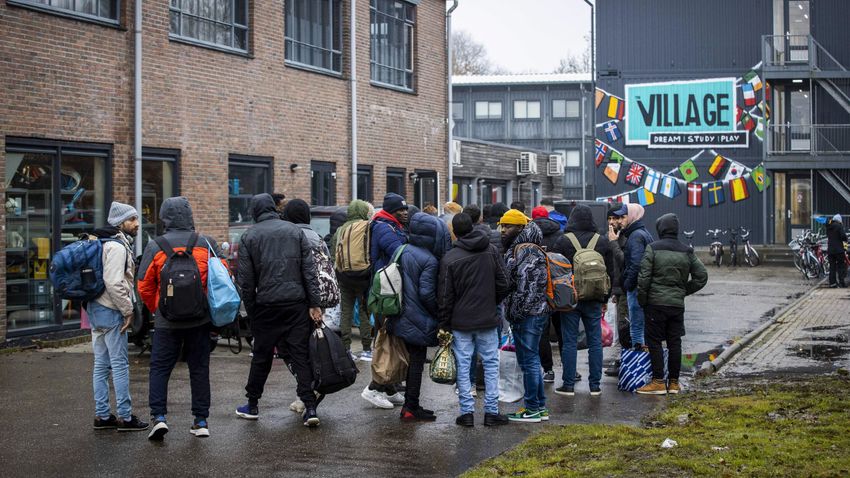In a matter of days, Romania is ready to readmit migrants from Afghanistan and Syria who have crossed through Romanian territory to reach Austria and other Western countries. This change in policy was announced by Romanian Interior Minister Cătălin Predoiu, who said the procedure was in line with the Dublin Treaty.
Although the minister referred to international regulations, the readmission of the migrants was made conditional by the Vienna government led by Karl Nehammer to withdraw its veto on the partial accession of Romania and Bulgaria to Schengen, but only in terms of travel and shipments via air and sea, which is being referred to as Schengen “lite.” However, Austria will continue to block Romania’s access to Schengen by land.
Under an agreement reached in December, the two Eastern European countries will join the European area without borders by air and sea in March. A decision on the lifting of land controls, i.e., full Schengen membership, will be taken later.
Austria has long wielded a veto over Romania as immigration numbers in Austria soared, in part due to migrants making their way across the border into Austria.
“Austria is currently heavily burdened by illegal migration. The contribution that we are making in Europe is disproportionately high. The EU’s migration policy has failed. There is still no strong protection of the European Union’s external borders, and the reality of the problem is being ignored,” said Austrian Chancellor Karl Nehammer last year in October.
Romania’s interior minister, Predoiu, said that Austrian border guards will assist their Romanian counterparts at Bucharest Airport after receiving the migrants. According to the Romanian minister, the Austrian police are only there in case a suspicious passport or identity card is found on someone, with all such documents being checked by Austrian officers as well as the Romanian ones.
As reported by the Hungarian-language Transylvanian news portal Maszol, the majority of Transylvanian airports are prepared to ensure that the conditions for Schengen membership by air are met.
Some Romanian airports, such as the Avram Iancu airport in Cluj-Napoca, will have to be modified in order to meet Schengen standards. In the case of Satu Mare airport, certain development projects are expected to be completed in the first quarter of 2024. The airports of Timisoara, Tirgu Mures, Sibiu and Oradea are compatible with Schengen rules.






